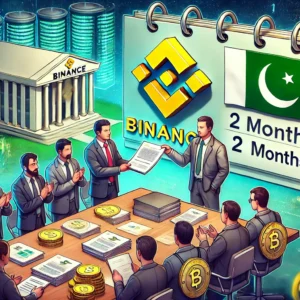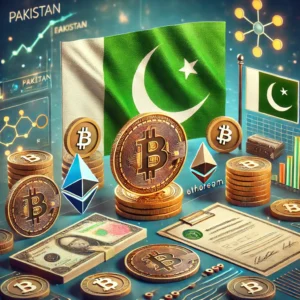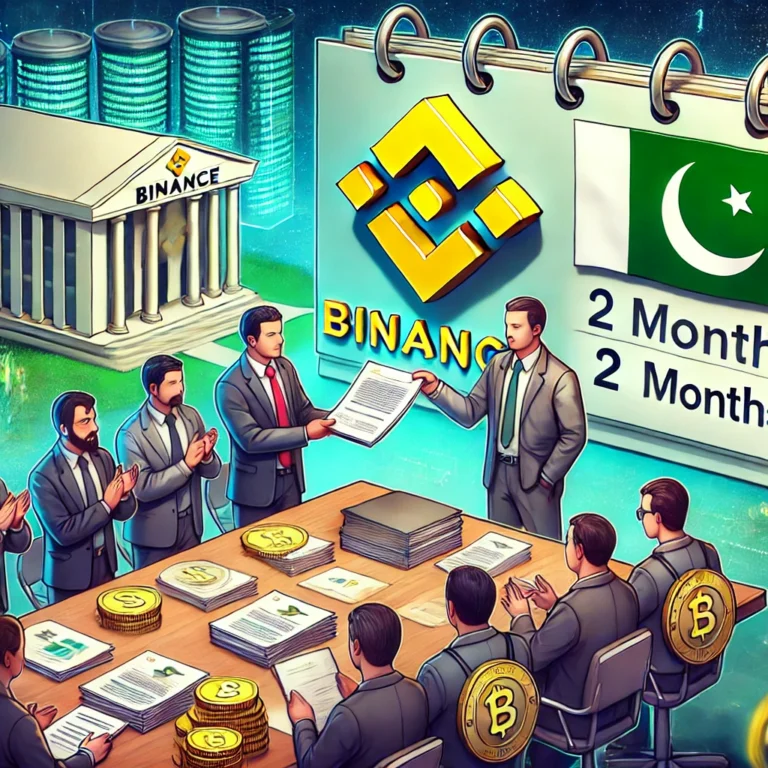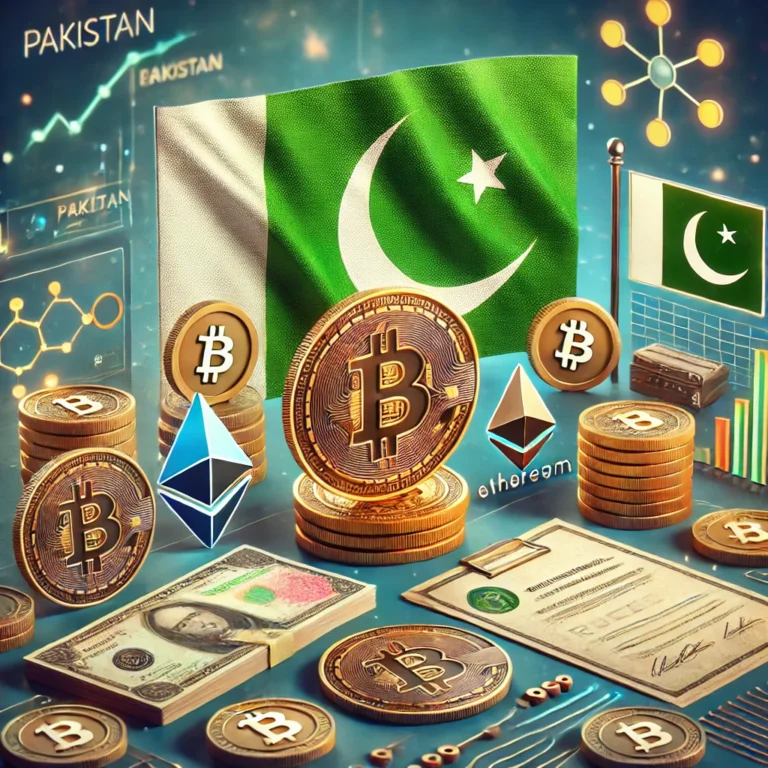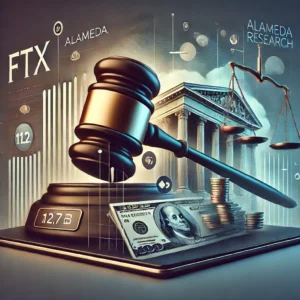BRICS, the union of five large developing societies including Brazil, Russia, India, China, and South Africa, is making a major shift towards liberating the association from the US Dollar monopoly and thus a new payment system is in the process of development. This decision, which was announced by Russian Foreign Minister, Sergey Lavrov, is intended to establish a universal financial system with the potential to alter global trade and investment patterns.
This is to provide countries with an option to the US dollar-dominated system.
Breaking Away from the Dollar: Chapter Four – A New Financial Era
Interest has been generated globally by the announcement made by Lavrov as the BRICS payment system is not only about clearing cross-border transactions. It is being developed as one interconnected financial environment that comprises trading, investing, and trade settlements. By getting rid of this dependency BRICS aims to strengthen the idea of de-dollarization of their economies. This new technique could encourage other emerging economy nations to add their own effort to the initiative thereby signifying a shift in the new world order in the financial markets.
Chief among them are the following questions: Why BRICS is moving away from the US dollar?
This is partly due to growing frustration with US and European sanctions that have been aimed at countries that do not toe the line in terms of policies. Lavrov stressed that these sanctions have led the BRICS countries to develop their financial system without the use of the dollar and the euro. He stressed that the developing countries do not want to find themselves in between Geo-political power struggles hence the attraction to the BRICS system.
“The idea that payment systems are being created within the BRICS framework for trading, investing, and various other economic transactions without relying on those who decided to turn the dollar and the euro into weapons has attracted many,” Lavrov said at a recent event.
This is because it will lead to a change in the global financial map by creating new and shifting old investor expectations as well as altering the structure of global finance.
The launch of its own payment system by the BRICS could have stunning consequences. As a reliable counterpart, thereby, BRICS may help shift dependence on the US dollar, especially for the emerging markets that would like to hedge against the possibility of being locked out of the dollar system. This has been said to be due to what many have observed as the imperialism of the American financial power in which the dollar is wielded as a political bargaining chip.
The intention is to equip a new system to ensure trading, investing, and settlements where member countries will have autonomy in terms of executing all necessary financial operations. This not only reinforces “anti-dollarization” in BRICS but also creates the basis for safe trade outside the risks of extra-judicial sanctions.
Possible Impacts on the US Economy
The shift of this strategy may harm the American economy if more international clients decide to join the payment system of the BRICS. The de-dollarization could lead to the decrease of the role of the US dollar for international payments and decrease the role of the dollar as the world reference currency. Some fields, such as finance, commodities, and international business, might witness the shift since the dollar is not going to dominate the same way as before.
Furthermore, other countries may follow the example of creating a payment system based on the BRICS currency and the dollar’s share in international payments will accordingly continue to decline. It could also lead to the development of a more polarized international financial structure in which no particular currency dominates world trade. The trend might lead to the formation of regional financial networks that target the needs of emerging markets exclusively.
The Road Ahead in BRICS and World Trade
However, as the BRICS countries further advance with their payment system, it can be concluded that it is not just this economic plan; It is a declaration of the will to challenge the Western standards in finance. This is perfectly illustrated by Lavrov’s comments about many nations seeking to gain more control over their finances as well as protect themselves from outside influence.
Indeed, the establishment of the BRICS payment system is a massive step towards a new world order that recognizes the independent ability of young economies in the global market to trade without necessarily considering the US dollar. This new approach could lead to the emergence of a more diverse and stable environment for the world financial system that may define the new paradigm of international trade relations.
Summing up, the BRICS payment system is a step towards a decentralized payment system and can be an attractive proposal for those countries which are concerned about sanctions and more importantly, for those countries who want to be financially independent. The extent of this is yet to be determined but it is a movement that may yet change face of the financial system across the world. People all over the world observe carefully how the BRICS bloc is developing its own international financial system and how this new system will change the strategies of global trade and investment flows.





